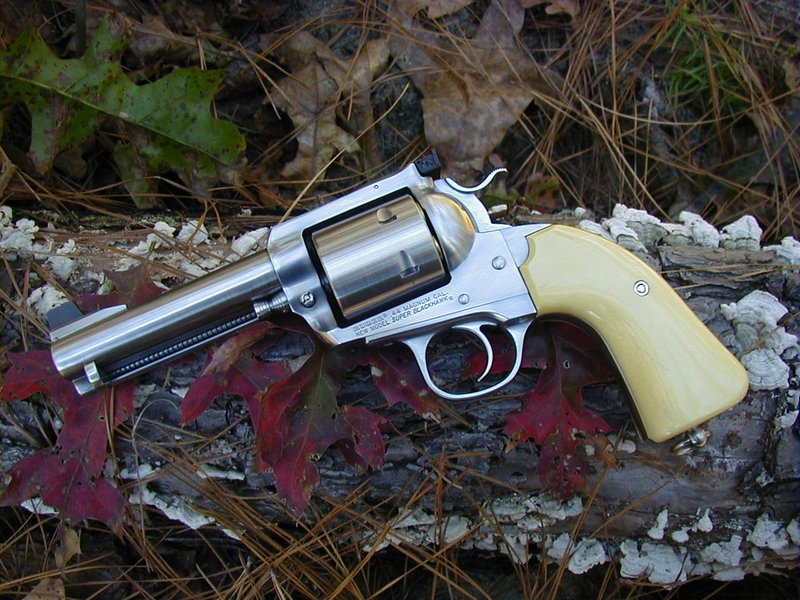I was waiting for someone else to say it, but since no one did, I will. To address CraigC's point about cleaning the same day as shooting because that's what you were told, let's look at the reason for that rule.
Up through and a little after WW-II, almost all the military ammunition made contained a corrosive primer compound. Firing your gun spread corrosive salts in the action, barrel and muzzle areas. As a result, these corrosive salts would embed in the bore and other parts where, if left to sit, would absorb moisture out of the surrounding air. The higher the moisture content around the weapon, the faster corrosion could start.
After the end of WW-I, with its miserable trench conditions, it was found that over one third of GI rifles returning needed to be rebarreled due to corrosion. Starting in the 1920s US civilian ammunition manufacturers began to adjust the priming mixture on their ammunition to contain non-corrosive compounds. By the late 1930s virtually all civilian made ammo in the US was of non-corrosive manufacture.
The US military began to switch to non-corrosive ammo just prior to WWII but our entry into WWII meant that innovative steps, like the use of non-corrosive primers, had to be stopped for the duration of the war. There is one notable exception; all US-made .30 US Carbine ammo is non corrosive. This accounts for the almost total lack of rusting found in M1 carbine bores and their overall fine condition. After WWII most Western nations, who manufactured ammo, began to make exclusively non-corrosive ammo by 1950
If you guys think you have it hard now... the program, up through WW-II, called for the use of scalding hot water (up to boiling temperature) to be poured thru a funnel down the bore from breech to muzzle. Parts like the bolts were to be soaked in hot water for three minutes, then agitated to dissolve the corrosive materials. Hot water was the most effective method of removing the corrosive salts and did not have to be especially supplied to GIs. The very hot water vaporized quickly, reducing the effects of residual water causing rust. All surfaces the have been touched by corrosive primer gasses (bolt faces, gas operating systems, muzzle breaks, etc) must be cleaned using the same method. After this treatment, a powder solvent was used to remove fouling followed by a light coating of oil. Graphite was used in desert and extreme cold conditions when it was available.
A more modern way to clean firearms exposed to corrosive primer compounds is to use a 50-50 mix of Ammonia and water to which 1-2 teaspoons, per quart, of Dawn diswashing detergent is added. Soak a patch in this solution and shove down the bore one-way only. Several of these patches, followed by a dry patch will remove almost all of the corrosive compounds (plus the ammonia will remove some jacket fouling to boot).
If you know any WW-II vets, they'll tell you that you should clean your rifle the following day (or 2nd day) after the initial cleaning. This is because small imperfections in the bore can trap the corrosive materials and as the weapon cools overnight, the condensing metal causes them to surface. This is still true. Follow-up cleaning ususally involves dry-patching the bore, inspecting and then coating with a corrosion preventative.
Surplus Ammo - Corrosive or not?
The Soviet Union and its Warsaw Pact allies continued to manufacture large amounts of ammo right to the end of the Soviet era (1991). All of this ammo is corrosive primed. Much of this ammo is now in the US market place and can be had very cheaply. All of this ammo must be treated as if it were loaded with corrosive compounds. Indeed Russia continues to produce newly made ammo for export to the USA. Some of this ammo is non-corrosive and some is not. The Russians have gotten much better in the last few years about making the ammo they sell for export to the USA consistently non-corrosive. Branded products, like WOLF ammo are notable in this regard. Sadly there is still some commercial-boxed ammo in the market from the early days of Russian importation that is clearly Soviet-era surplus and as a result corrosive. As a result, it is strongly recommended that you treat ALL ammo generated in the former Soviet Union or Warsaw Pact nations (Albania and The Peoples Republic of China as well) as corrosive ammo.
All 7.62x39 of foreign manufacture, all 7.62x54r, all ammo, regardless of caliber, that comes out of a hermetically sealed ammo can (i.e. SPAM can), all ammo generated in the former Eastern Bloc, all Western-nation-made ammo predating 1950, be treated as corrosive. As well, all ammo from Asia (China, Pakistan, India in particular) should be treated as if it were corrosive primed. There are some exceptions to all the above but one would be very wise to follow the above suggestions to prevent damage to your guns

